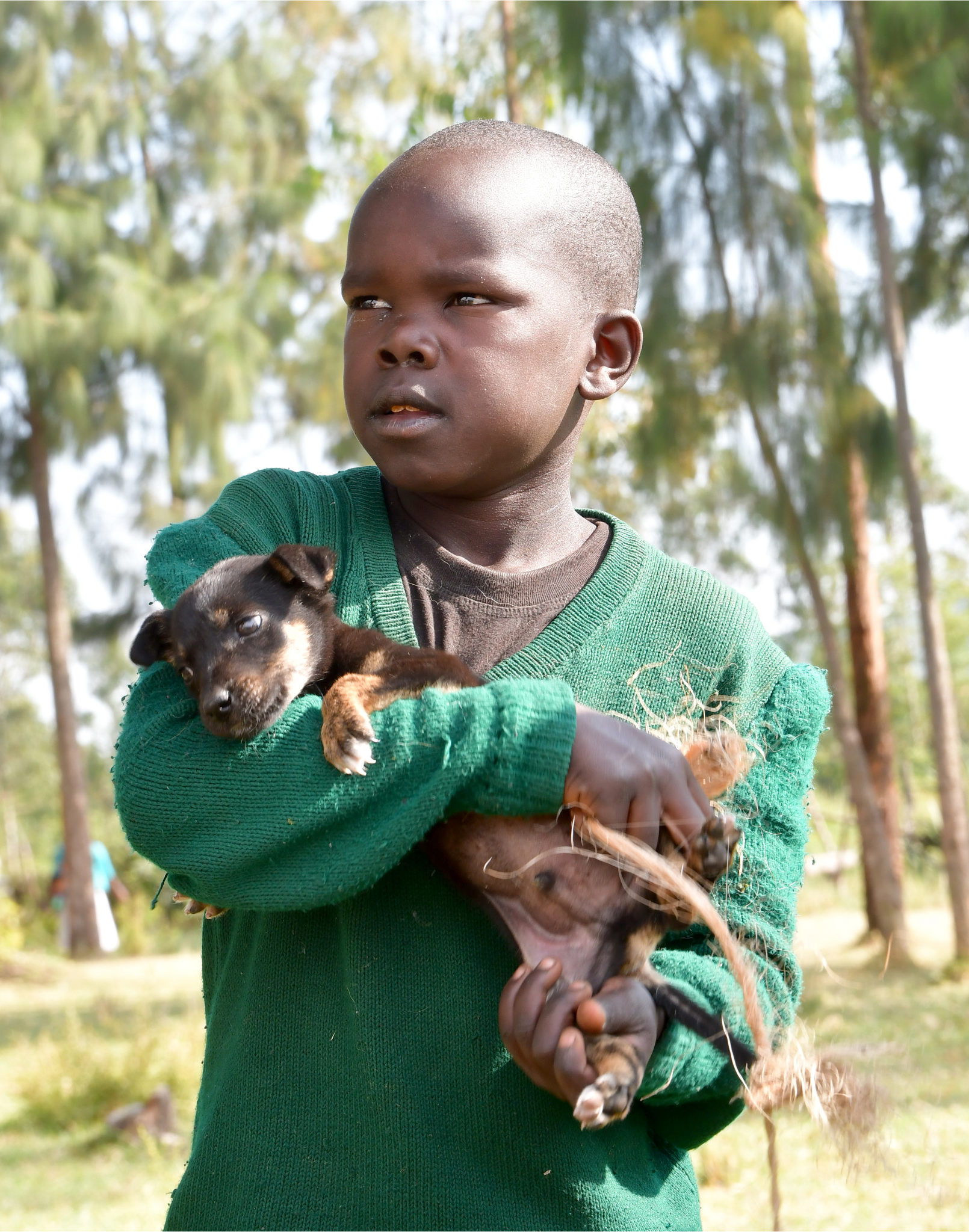Day 20
A rabies vaccination dose for a dog in Uganda
 Lifesaver: Vaccination Lifesaver: Vaccination
Lifesaver: Vaccination Lifesaver: Vaccination


The story of a forgotten disease

Doc Polly presents her favorite project in the video
need
Protecting vulnerable people, especially children, from rabies infection through the bite of a dog
activity
Implementation of broad-based education and vaccination campaigns to contain and permanently eradicate rabies in Uganda
Measurable performance
Number of rabies vaccine doses administered to dogs
Result
Increasing number of vaccinated dogs living with humans and reduction of (fatal) rabies infections, especially among children and especially in rural areas of Uganda
Systemically relevant impact
Through education and vaccination campaigns, the spread of rabies as an NTD is being curbed in the West Nile Region & Karamoja, Uganda
background


The good deed
About Uganda
Kampala
Capital city
47,123,533
Population
858.1
Gross domestic product
per capita per year
Rank 166 of 191
Human Development Index
(Human Development Index)





